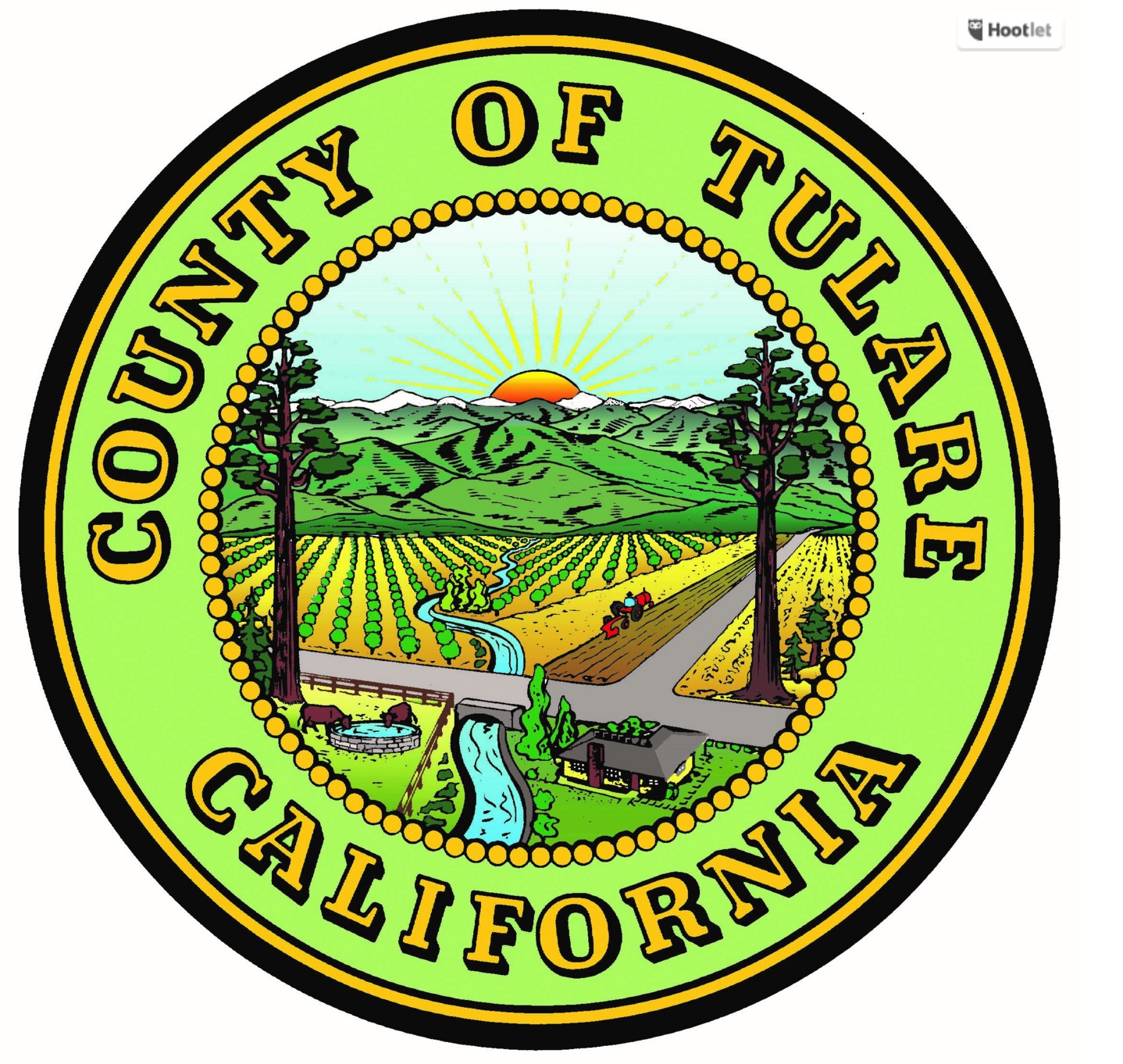ACP Found Near Juice Plant
More Asian Citrus Psyllids Found in Tulare County, 10 ACPs near Juice Plant
By Patrick Cavanaugh, Deputy Editor, and Laurie Greene, Editor
Announced Today, more Asian Citrus Psyllids (ACP) were found recently in several Tulare County traps, two of which were adjacent to an orange juice plant near Tipton.
“There were a few [ACPs] on sticky traps on a residential tree, one in a commercial grove, and even more concerning, four on one and six on a second sticky card near the juice plant,” said Marilyn Kinoshita, Tulare County ag commissioner.” ACP is known to vector Huanglongbing (HLB) disease, a disease that is fatal for citrus trees.

Marilyn Kinoshita, Tulare County ag commissioner
“The juice plant ACP finds could have come from southern California trees, most likely from Ventura, Orange, Riverside, and Imperial Counties, that were stripped of crop and did not go through a shed,” said Kinoshita, referring to a necessary cleaning protocol. “It’s very frustrating because there’s a certain protocol in shipping citrus but not everybody follows it.”
“When citrus is field-run [from the field to the packing shed],” continued Kinoshita, “the fruit should be separated from stems and leaves—which may harbor ACPs—then cleaned and manipulated over rollers before being packed for shipping or transported in bulk by truck to the juice plant.”
“So it’s a real concern finding ACPs at the Tipton juice plant,” Kinoshita explained, “because it is isolated from our citrus belt and they are the first ACPs found near a plant. It means that the psyllids possibly hitchhiked to the plant in Tipton, which is right along Highway 99. Even if the fruit had been cleaned, the psyllids, which are strong fliers, could have ended up in the cab of the truck and transported to Tulare County,” noted Kinoshita.
Kinoshita noted protection spray protocols are now in motion. “We’ve got two active programs, residential treatments in unison with our orchard treatments, and those are all managed by a treatment coordinator who works with our treatment groups. These are smaller groups of growers, so their treatments are hopefully done within a 2-week period to cover an area and try to control this pest.”
“The Number One citrus county in California doesn’t need ACP,” said Kinoshita, “and heaven forbid they come in while infected with HLB disease! Already about 20 trees have tested positive for the fatal HLB—all in southern California, starting with Hacienda Heights in April 2012, with more found in and around San Gabriel residential areas, last year in July and this year in February.”
Kinoshita advocated for everyone to stay vigilant and keep educating—not only the citizens of the state, but these transporters too. “They need to be more careful,” said Kinoshita. “All equipment that moves though the citrus groves must be cleaned before moving into another grove. It’s going to take everyone’s cooperation.”
“There is so much capability for [ACP] hitchhiking into this County where we are ground zero for potential problems—for the sheer number of packing sheds, orange groves and juice plants. So it’s a pretty difficult situation, but fortunately we’ve got a system that is in place; we just have to keep at it and not let our guard down,” she said.














